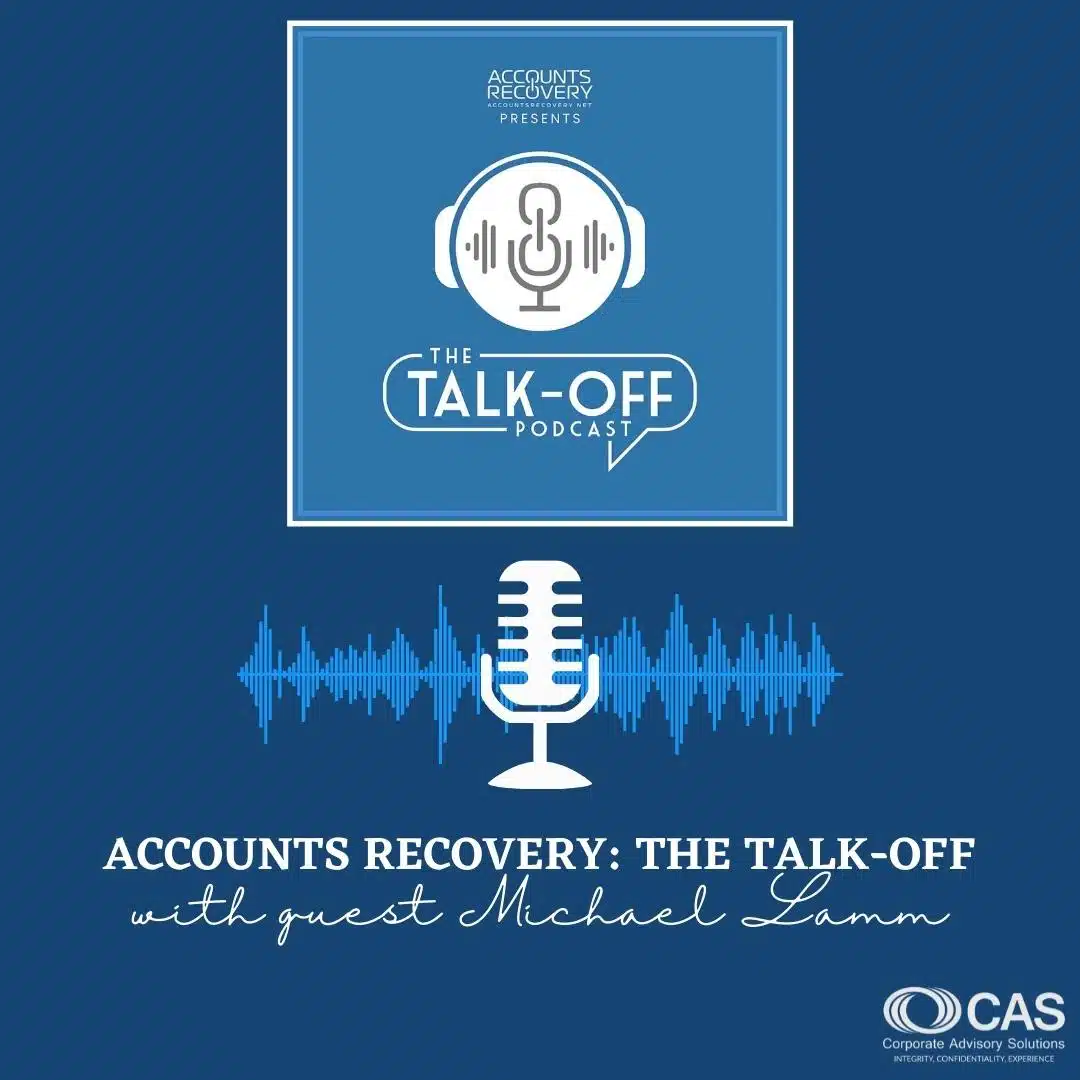After 20 years and over $2 billion in successful M&A transactions, our team knows that an accurate business valuation is the crucial first step for a smooth M&A transaction.
What is a fair market valuation?
When it comes time to sell your business, knowing its worth – or valuation – is imperative. Simply put, a fair-market valuation is how much another party would be willing to pay for your business or assets in today’s market. There are several methods to determine your company’s valuation – and different types of valuations you can perform, depending on your goal.
Mainly pertaining to debt buyers and owners of purchased debt portfolios, this valuation approach estimates remaining cash collections the business anticipates receiving from its purchased portfolios over a defined period of time, then discounts these future cash flows back to a net present value.
This approach breaks purchased portfolios down into different segments based on asset class, stage of delinquency, stage of collection, opportunity to pursue legal action, etc. Different types and stages of accounts can produce different valuations in today’s market.
This approach involves using data from public and private transactions involving companies similar to the client. These market comps can serve as a guideline for how the market would respond to the client’s business.
This approach involves analyzing the Company’s historical, current, and future forecasted P&L performance to identify an appropriate adjusted earnings amount for the current twelve-month period. We at CAS call this amount adjusted EBITDA (Earnings Before Interest, Taxes, Depreciation, and Amortization), and the adjustments reflect expenses during the twelve-month period that would not be expected to exist post-transaction. There may also be negative adjustments if certain expenses would be expected to increase, or replacement expenses would occur.
An ESOP or Employee Stock Ownership Plan, is where a pre-determined amount of a company’s stock is held to an employee trust. An independent appraiser is hired annually to determine the company’s fair market value, and the ESOP trustee will use that information to negotiate the final price with the business/plan sponsor. When an employee retires or leaves the company, their vested shares are repurchased by the sponsor/business at the most recent valuation price.
Regardless of the valuation method used to determine your company’s worth, there are several considerations that can positively or negatively affect your valuation.
We apply our extensive market knowledge to perform an assessment of value that is both realistic and respected. While other valuation firms concentrate primarily (or solely) on financial performance and need to research the industry to come up to speed on comparables, we utilize our unparalleled market knowledge and proprietary information to develop all of our opinions.
By utilizing the most comprehensive proprietary database of done deal and debt portfolio pricing information, and the most extensive valuation resources available, you can be assured of a well-substantiated, accurate opinion of value.
In addition, we closely analyze the operating performance of the business, specifically undertaking a detailed review of profitability. In the case of a debt buyer, we analyze their purchase and liquidation strategy, as compared to its peers.
Our valuation analysis is thorough and incorporates the qualitative and quantitative factors into the determination of an appropriate valuation methodology. We detail those analyses, providing a descriptive “roadmap” for our valuation determination.
Ready to set up a meeting?




